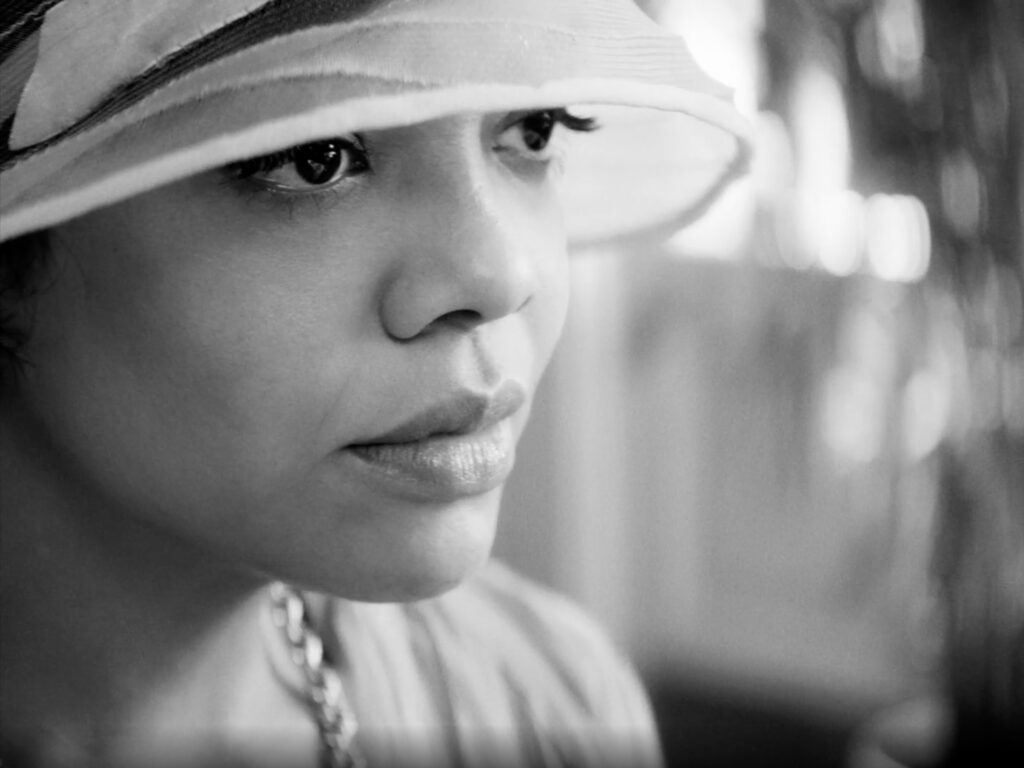“Passing” is a complicated term. Whether it relates to race, gender, or sexual orientation, it connotes posing, pretending, striving to be something you’re not. On the other hand, “passing” also nods to how porous certain lines can be; if gender, sexuality, or race were always set in stone, passing wouldn’t be a thing.
Rebecca Hall takes on the concept in her directorial debut, an adaptation of Nella Larsen’s 1929 novel of the same name. “Passing” is the story of two light-skinned Black women who are able to physically pass as white. But the film also explores passing as it applies to culture, emotion, class, and desire.
Childhood friends Irene Redfield (Tessa Thompson) and Clare Kendry (Ruth Negga) reunite while passing at an upscale hotel’s tearoom in the film’s opening scenes. For Clare, passing is a fact of everyday life; she lives as white and is married to a racist white man (Alexander Skarsgard). For Irene, passing is a trick she pulls off occasionally. Her “real” life takes place in the heart of what we now call the Harlem Renaissance; she is married to a successful Black doctor (André Holland). As such, during tea, Clare appears to be at ease, while Irene is cautious, reserved. But here’s the thing: that’s their dynamic throughout the entirety of the film, whether they’re at a majority-Black soirée in Harlem or having a tense conversation with John, Clare’s hateful husband. Irene never seems completely comfortable anywhere, while Clare is able to fit in everywhere.
This exacerbates the underlying tension between the women that’s present from the moment they reconnect. Irene is a little bit disgusted by Clare’s life in the white world, and a little bit impressed. She’s envious of how Clare so easily transcends the white/Black divide, to the point that she becomes fixated on her. Clare, meanwhile, is jealous of Irene’s seemingly happy family life and her apparent pride in her Black identity. But looks can be deceiving. Carefree Clare can be quite manipulative; even though Irene is a leader of the Black upper class, she buries her head in the sand whenever her husband or sons discuss racial violence.
As Irene says, “We’re all of us passing for something or other.” As Clare passes for white, Irene herself passes as someone satisfied in her role as a wife, mother, and socialite. The more enmeshed the women’s lives become, the more precarious those positions are.
Filmed in sumptuous black and white, using a 4:3 aspect ratio, every shot of “Passing” is carefully composed to underline the dialectics of Irene and Clare’s lives, as well as the complexities. (It’s fitting that a story that delves into the gray areas of race, class, and friendship would be completely devoid of color.) Hall, who was drawn to Larsen’s novel while struggling to reckon with her own family’s complicated racial history, has crafted a beautiful film that dares to question what race is, exactly. Is Clare any less Black because she chooses to live as white? Is Irene any less Black for refusing to acknowledge the prevalence of hate speech and lynchings? Does the possibility of passing just go to show that race is indeed a construct?
“Passing” is in many ways an intimate, contained film — the story of two very different women, foils really, who nonetheless understand each other better than anyone — but it’s grand in scope. Exploring thorny subject matter with sensitivity, the film asks a lot of big questions. You won’t be able to stop thinking about it.
“Passing” is now in select theaters. It will be available on Netflix November 10.







